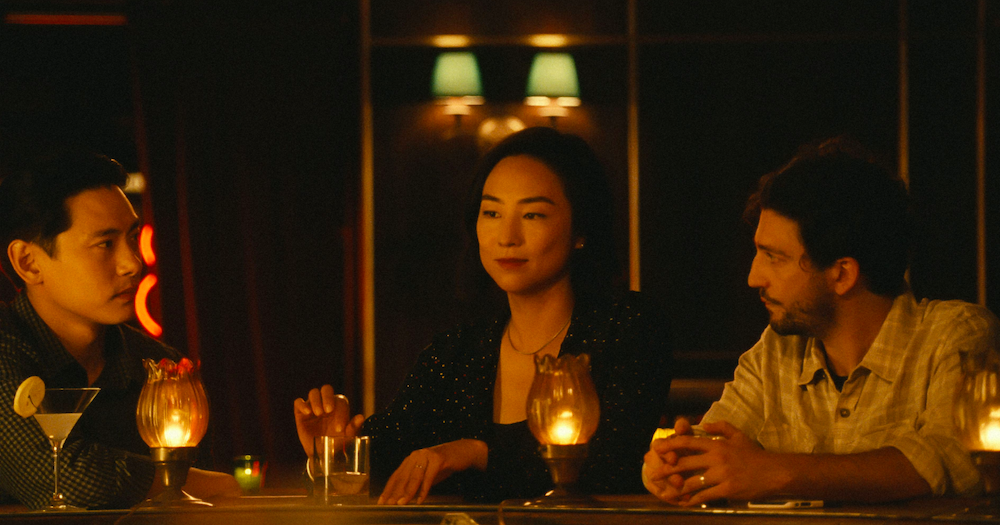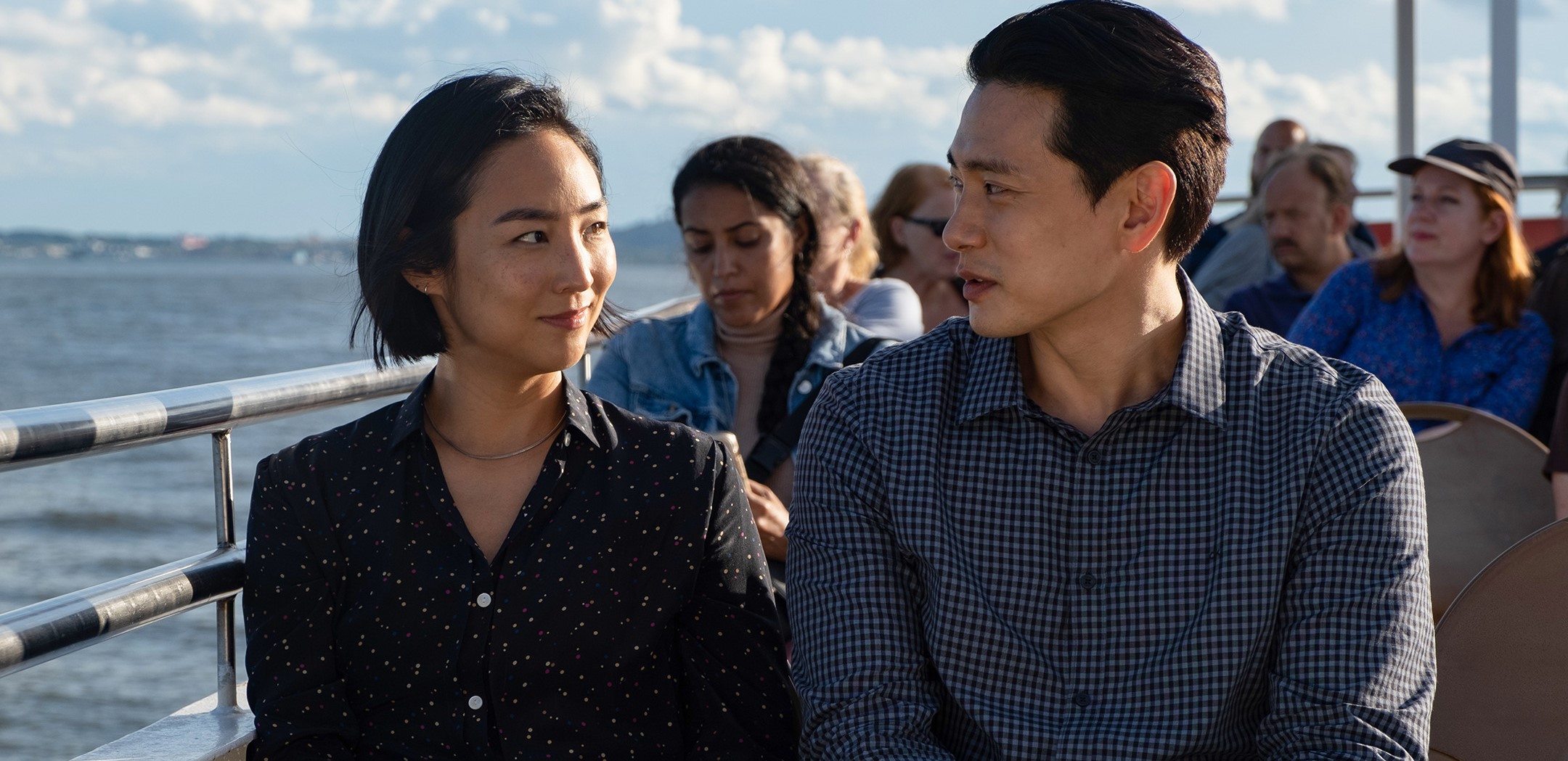A24’s ‘Past Lives’ follows the story of Nora and Hae Sung, who reunite with each other after a long time. They’d grown up together in Seoul and were childhood sweethearts torn apart when Nora moved to Canada with her family. Twelve years later, they find each other on social media, but again, they lose touch. They meet again twelve years later, but this time, in person. As they talk about love and life, they see how far apart their lives are.
Directed by Celine Song, the film is a romance drama, but much understated as compared to other movies in the genre, especially the ones that focus on the reunion of people ex-lovers. Song’s film has a touch of realism, which is reflected in themes like first love, immigration, fate, and choices. This makes the film relatable to the audience, even if they don’t necessarily see themselves in the protagonist. Considering how intimate and real the film feels, you might wonder if Song has a personal connection to it. Let’s find out.
Past Lives: Celine Song’s Semi-Autobiographical Journey

The inspiration to write ‘Past Lives’ came to Song after a real-life experience, which is incorporated into the movie. However, when she started writing the film, she presented it from an objective lens and added a few things that didn’t pertain to her life. “I wasn’t trying to transcribe or recreate something. I talk about it as an adaptation, like I’m adapting my own source material. It’s an objectifying experience of a subjective feeling,” she said, explaining how clearly the lines between reality and fiction are defined.
A lot of things about Nora in ‘Past Lives’ are based on Song. Like her protagonist, Song was born in South Korea and emigrated to Canada when she was 12. Like Nora, Song built a career as a playwright and lived in New York, where she met her future husband, who, like Arthur in the movie, happens to be white. Song got back in touch with her childhood sweetheart from South Korea when he came to New York. She and her husband met the man, and Song found herself as a bridge between them.
Her husband couldn’t speak Korean, while her friend couldn’t speak English. This turned Song into the translator and the intermediary between them. “I remember sitting there and feeling that something special was passing through us. I can actually communicate and have a unique relationship with these two guys because they actually can’t do anything for me that the other person can do. My childhood friend only knows me as a kid and doesn’t really know me as an adult. My husband knows me as an adult but has no idea what I was like as a kid,” she said.
She also noticed that other people in the restaurant were looking at them and wondered whether they were thinking about how the three of them were related. This formed the film’s first scene, where we hear two random people talking about Nora, Arthur, and Hae Sung and wondering who’s who to whom. “That was the instigating feeling: Oh, you have no clue, so let me tell you…,” Song revealed.

While it started with this seemingly small interaction in her life, the story soon expanded and became a contemplation of choices. Through Nora and Hae Sung’s connection, she explored the meaning of choosing one thing and walking away from another. She also touched upon one’s connection with the country they are born in and how time and distance can affect that relationship.
Because the choice of language is an essential part of the storytelling, Song first wrote the script in Korean, with each dialogue accompanied by its English translation. To make things more realistic, she kept a distance between her actors. Teo Yoo and John Magaro, who play Hae Sung and Arthur, were kept apart and only met for the first time when they shot the scene where their characters met each other for the first time. Similarly, Song didn’t let Yoo and Greta Lee (Nora) touch each other in real life until their characters did in the film. They had the familiarity of knowing each other, but they never even shook hands or hugged to make the scene in the film more “tangible.”
With all the drama surrounding the unrequited love and the pining the characters have for each other, the baseline of the story for Song was the connection to the 12-year-old version she left behind when she moved to Canada. The film was a way to present her subjective experience through an objective lens. “[To show what it was] “like to live as myself when it comes to being an immigrant and having left a place and moved on from the version of myself that existed before. I was feeling connected to the way that my childhood friend remembered me as a 12-year-old. I was fascinated by the contradiction. That little girl is gone, but also, part of you is always that little girl,” Song said. To sum it up, ‘Past Lives’ is a semi-autobiographical story, and even though it leans towards fiction, it touches upon some very real emotions.
Read More: Where Was Past Lives Filmed?


You must be logged in to post a comment.